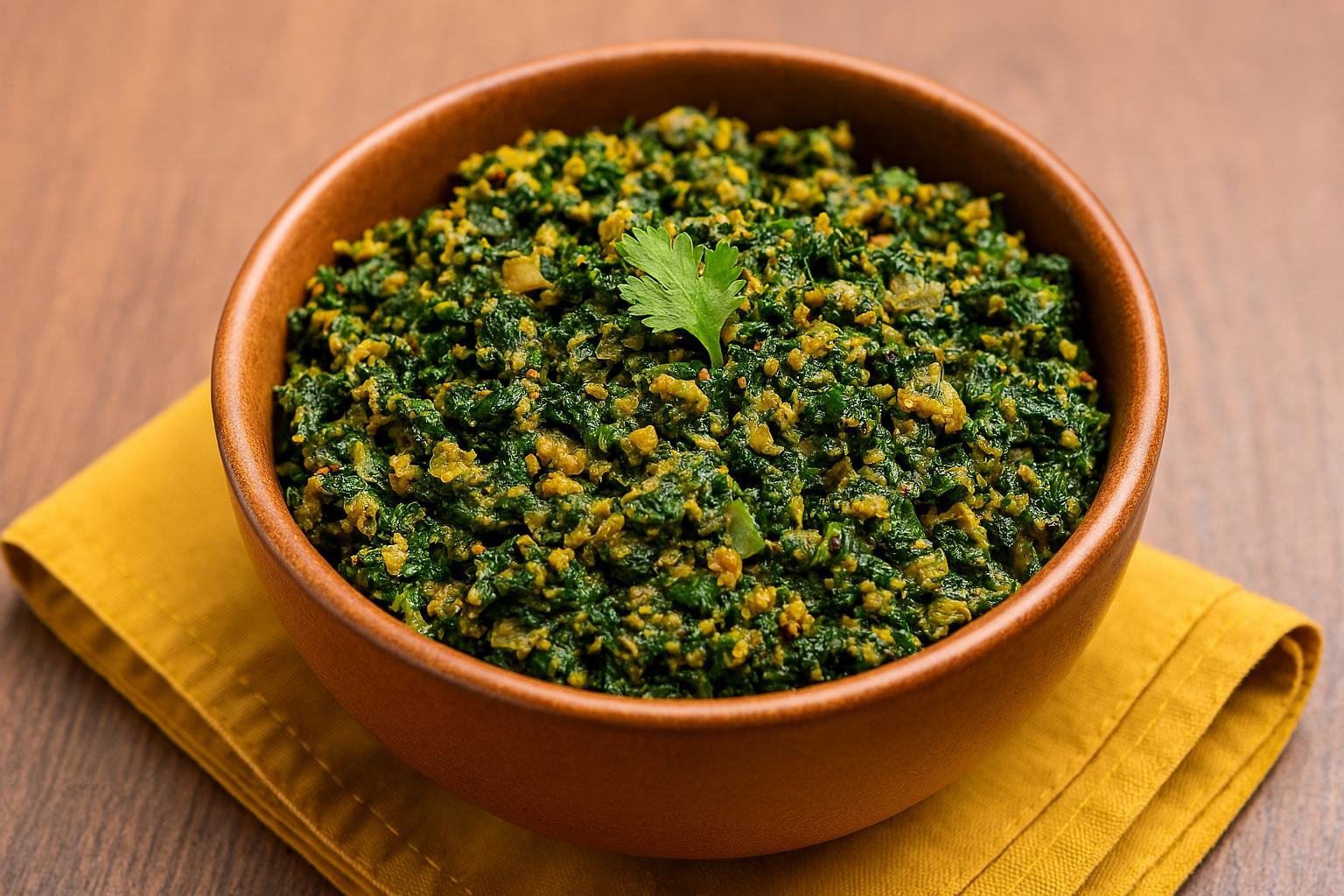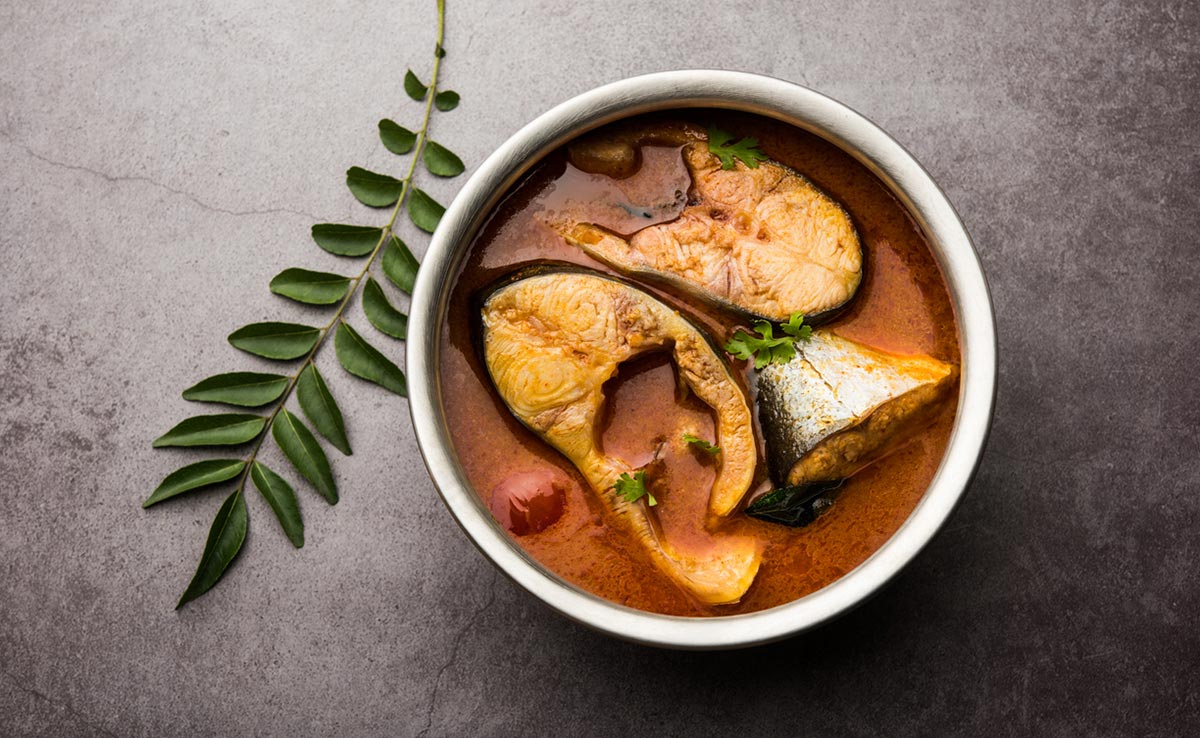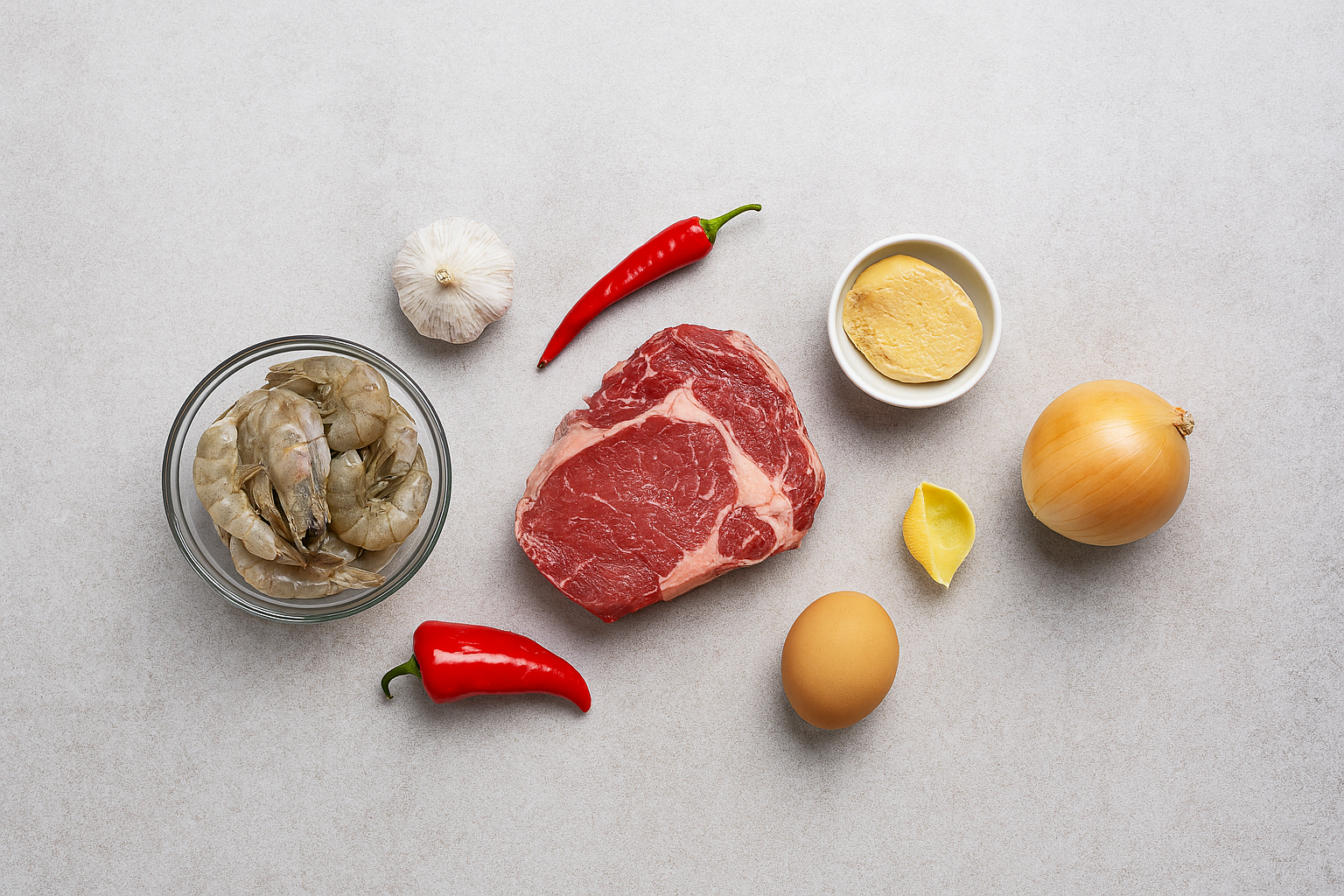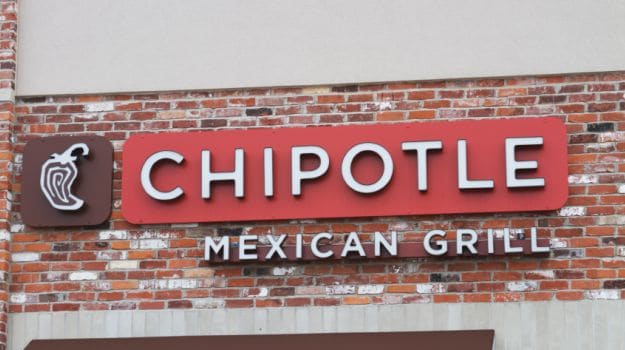US health authorities Monday declared an end to two separate outbreaks of E. coli that sickened dozens of customers at Mexican restaurant chain Chipotle in the United States. The infections with shiga toxin-producing Escherichia coli O26 (STEC O26) were first reported in the western states of Washington and Oregon in late October.
"These two outbreaks appear to be over," said the US Centers for Disease Control and Prevention.
"The most recent illness reported to CDC started on December 1, 2015."
A total of 55 people in 11 states were infected during the first outbreak. Twenty-one were hospitalized. The second outbreak was smaller, infecting five people and resulting in one hospitalization. No one died in either outbreak, though E. coli is considered dangerous and can cause bloody diarrhea and kidney failure, even death.
The two outbreaks bore "different, rare DNA fingerprints of STEC O26," but the same food ingredient is believed to have been the cause, said the CDC.
However, its probe did not identify which ingredient was to blame.
"When a restaurant serves foods with several ingredients that are mixed or cooked together and then used in multiple menu items, it can be more difficult for epidemiologic studies to identity the specific ingredient that is contaminated," said the health agency.
Chipotle spokesman Chris Arnold said the company was "pleased that the CDC has concluded its investigation, and we have offered our full cooperation throughout."
"Over the past few months we have taken significant steps to improve the safety of all of the food we serve, and we are confident that the changes we have made mean that every item on our menu is delicious and safe," he added.
Sales and stock at Chipotle took a hit after the outbreaks.
Separately, US officials have launched a criminal probe of an outbreak of norovirus at a Chipotle restaurant in California in August that sickened some 80 customers and 20 employees.









